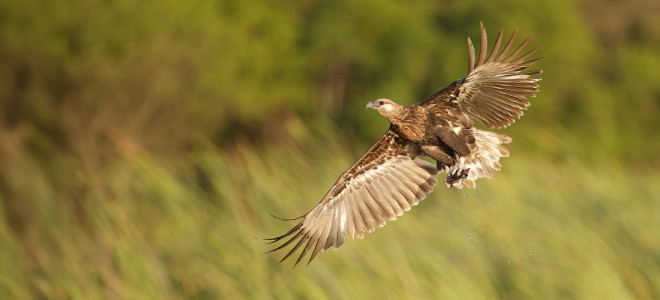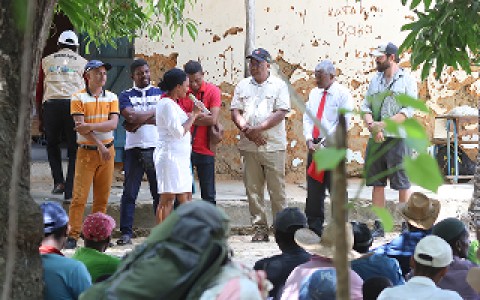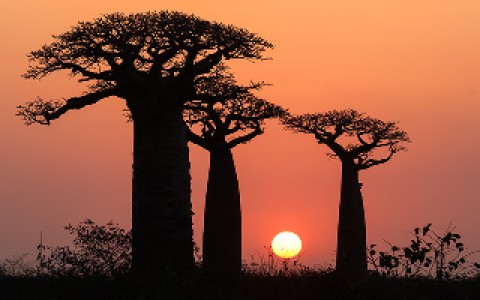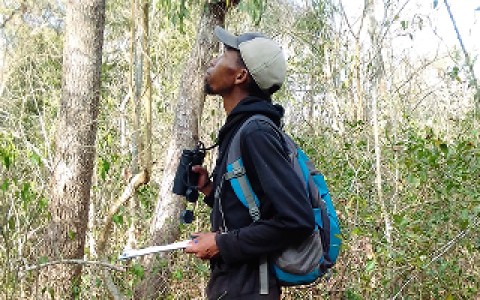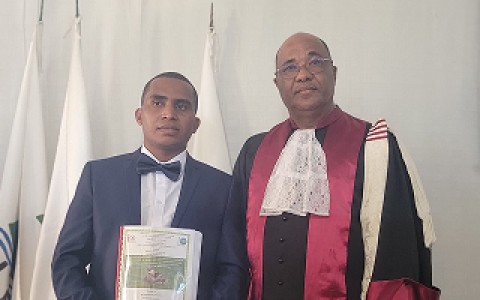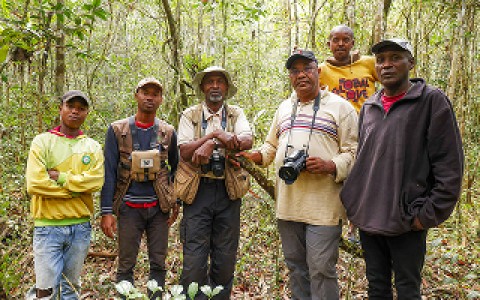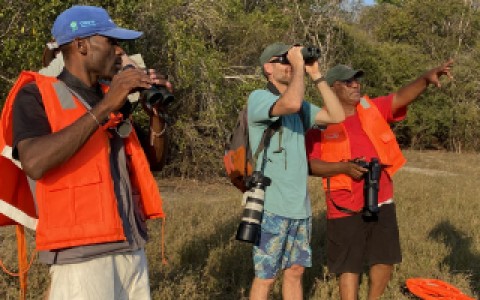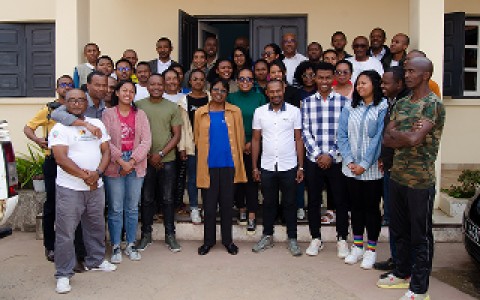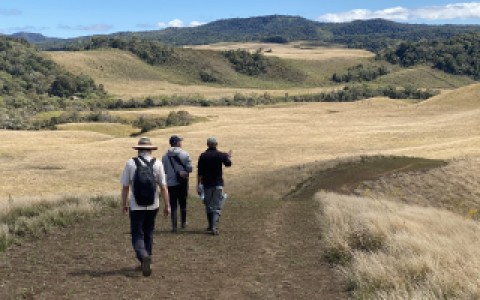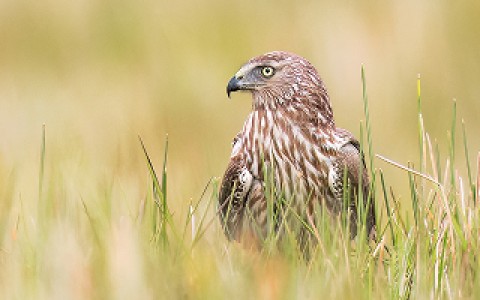Madagascar stands as nature's laboratory of evolution, home to an astonishing 14 endemic raptor species found nowhere else on Earth. This biodiversity haven boasts 89% endemic plant life and 92% endemic mammals, earning it the fitting title of the "eighth continent." With 117 bird species exclusive to its land, Madagascar's ecological uniqueness makes it not just an island, but a world unto itself.
When The Peregrine Fund arrived in Madagascar in 1990, they encountered a conservation void. The island's diverse raptor species faced mounting threats with virtually no infrastructure in place to study or protect them. What unfolded over the next 30 years became a masterclass in community-based conservation.
By partnering with local communities rather than imposing solutions, the Madagascar Program catalyzed a revolutionary approach. Villages transformed from bystanders to stewards, establishing locally-managed conservation projects with remarkable staying power. The program's impact transcends raptors: ancient forests stand protected, watersheds flourish, previously unstudied ecosystems reveal their secrets. Most importantly, communities prosper through sustainable practices that safeguard their natural heritage.
This Madagascar blueprint—where scientific expertise meets genuine community empowerment—now guides conservation efforts worldwide. What The Peregrine Fund created isn't just a program but a powerful demonstration that when local wisdom and conservation science unite, transformation follows.
Learn More
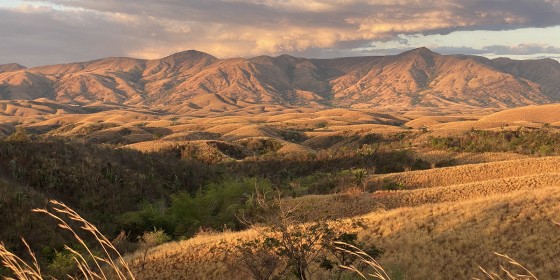
Evan Buechley
Our Impact
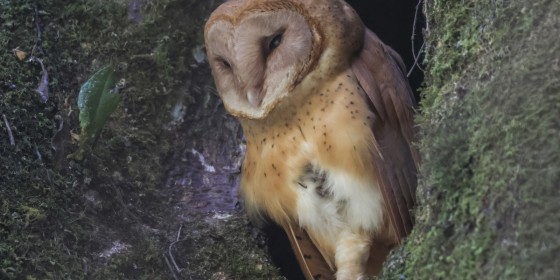
Evan Buechley
Our Impact
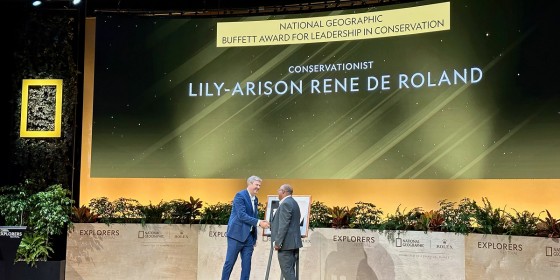
Olivier Langrand
Our Impact
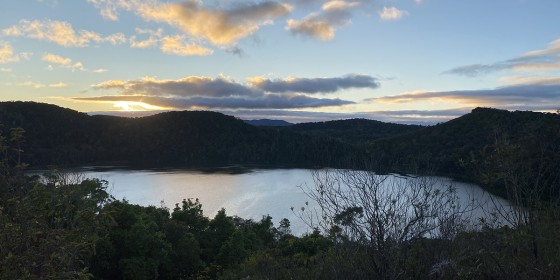
Evan Buechley
You Can Help
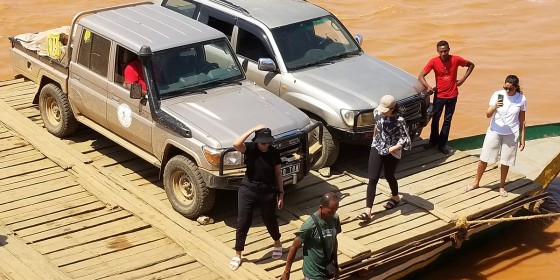
Russell Thorstrom
You Can Help
Additional Information
Video:
Fish Eagles of Madagascar
Articles:
Dr. Lily-Arison Rene de Roland Awarded Prestigious 2025 Indianapolis Prize
Rediscovering the Dusky Tetraka in 2023
Dr. Lily-Arison Rene de Roland Awarded the 2023 National Geographic Society/Buffett Award
2019 Expedition, Audubon Article
1994 Congressional Announcement of Rediscovery of Madagascar Serpent-eagle (pg. 7007)
